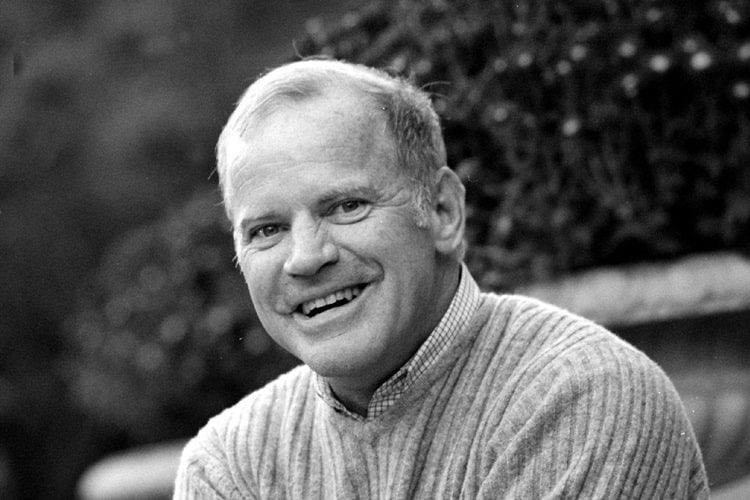Celebrating life and legacy of Kary Mullis

Kary Mullis (28 December 1944 – 7 August 2019) was an American biochemist. He was awarded the Nobel Prize in Chemistry in 1993.
Life and Career
Kary Mullis was born on December 28, 1944, in Lenoir, North Carolina, USA. Kary Mullis earned his Bachelor of Science in Chemistry from the Georgia Institute of Technology in 1966. He then pursued a Ph.D. in biochemistry at the University of California, Berkeley, and completed his doctorate in 1973. His doctoral research focused on the synthesis of heme, a crucial component of hemoglobin.
After completing his Ph.D., Mullis worked at various institutions, including the University of Kansas Medical School and the Cetus Corporation, a biotechnology company. It was during his time at Cetus in 1983 that Mullis invented the polymerase chain reaction (PCR), a method for amplifying DNA. PCR enables the rapid replication of specific DNA sequences, making it an invaluable tool for genetic research, diagnostics, and forensic analysis. Mullis received the Nobel Prize in Chemistry in 1993 for his groundbreaking contribution to molecular biology.
Despite his significant contribution to science, Mullis was a controversial figure. He held unconventional views on various scientific topics, including skepticism towards the theory of HIV causing AIDS and climate change. These views often led to criticism from the scientific community.
After leaving Cetus, Mullis worked for several biotechnology companies, and he continued to express his unconventional views in various writings and public appearances. Kary Mullis passed away on August 7, 2019, at the age of 74, in Newport Beach, California.
Award and Legacy
Kary Mullis received several awards and honors throughout his career, most notably the Nobel Prize in Chemistry in 1993. The Nobel Committee recognized him for his invention of the polymerase chain reaction (PCR), a technique that had a transformative impact on molecular biology. The PCR method allowed for the amplification of DNA, revolutionizing genetic research, diagnostics, and various applications in biotechnology.
In addition to the Nobel Prize, Mullis received other accolades, including the Japan Prize in 1992 and the Thomas A. Edison Award for Innovation in 1993. Kary Mullis left a lasting legacy in the field of molecular biology, primarily due to his groundbreaking invention of PCR. His work significantly advanced the capabilities of genetic research and analysis. The PCR technique has become an indispensable tool in various scientific disciplines, including genetics, medicine, forensics, and biotechnology. It has allowed scientists to amplify and study specific DNA sequences with unprecedented speed and accuracy.
Mullis’ legacy extends beyond his scientific contributions. His unconventional and often controversial views on various scientific and non-scientific matters have also contributed to his legacy, albeit in a more complex way. While some aspects of his views were criticized by the scientific community, Mullis’ outspoken and nonconformist nature added a unique dimension to his legacy.
Despite the controversies surrounding him, Mullis is remembered as a brilliant and innovative scientist who played a pivotal role in advancing the field of molecular biology. The PCR technique continues to be widely used, and Mullis’ contributions are acknowledged whenever researchers employ this powerful tool in their work.
Observer Voice is the one stop site for National, International news, Sports, Editor’s Choice, Art/culture contents, Quotes and much more. We also cover historical contents. Historical contents includes World History, Indian History, and what happened today. The website also covers Entertainment across the India and World.
Follow Us on Twitter, Instagram, Facebook, & LinkedIn

